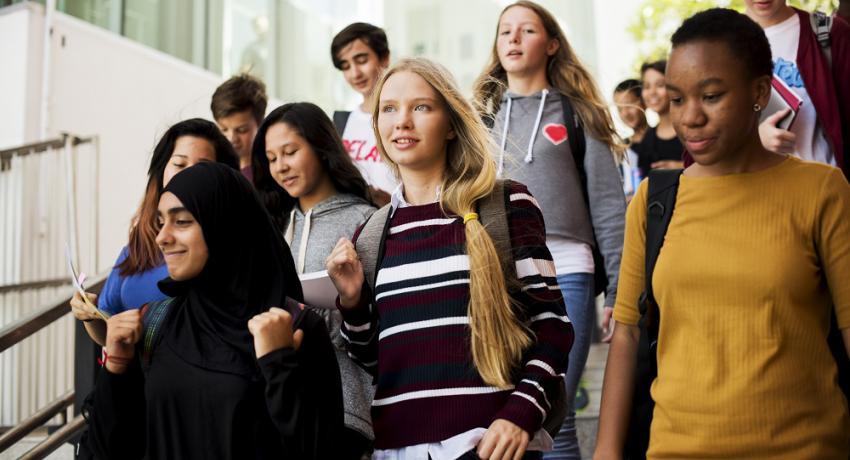Residents of Juvenile Rehabilitation (JR) that identify as female represent a population with unique needs. While they make up less than 10% of the JR population, DCYF acknowledges and integrates the context of female’s thoughts, feelings, experiences, and behaviors into gender-responsive programming at Echo Glen Children’s Center (secured facility) and Ridgeview Community Facility (less restrictive community setting).
The core practices of DCYF’s gender-responsive treatment include approaches that are relational, trauma-informed, strengths-based, culturally competent, and holistic. Echo Glen and Ridgeview work together to support these youth throughout the treatment continuum and transition them to a community setting. They do this by orienting youth and establishing relationships at Ridgeview before the transfer, including one-on-one meetings to discuss programming, answer questions, and tour the facility.
To connect female residents with as many resources and opportunities as possible, Echo Glen and Ridgeview collaborate with community partners such as Real Escape from the Sex Trade (REST), Reentry Initiated through Services and Education (RISE), Worthy Women, LGBTQIA+ groups, Indigenous women events, and volunteers with lived experience to assist in gender-responsive programming. JR also participates in the Justice for Girls Coalition of Washington, offering practices, programs, and policies tailored for girls facing adversity so they can overcome obstacles, access opportunities, and secure a purposeful future.
“We want to teach female youth about healthy power and control,” said Ridgeview Administrator LeeAnn Delk. “We provide them opportunities to exercise those skills while also focusing on empowerment and personal advocacy.”
Since implementing gender-responsive programming more than 15 years ago, DCYF has seen significantly more youth engaged in treatment and taking advantage of the opportunities available to them. Even with the challenges of the COVID-19 pandemic, 10 residents have earned their high school diplomas, while others have received trade certification or job offers upon release.
“We have three residents entering college this year, one attending cosmetology school, one youth on a high school volleyball team, and nine employed since January 2020,” said LeeAnn. “One youth released in September 2021 after graduating from technical school. She was hired at an agency and is currently living in an apartment, working full time, and loving it – she just emailed me today!”
Many of these youth stay in touch and are working in the community and living independently after they release. Their voices continue to inspire and have influenced policy and vocational opportunities, including a new dog grooming accreditation program, opportunities with ANEW, and a future cosmetology program. We are proud of their hard work and incredible achievements and are grateful to the staff and community who have provided tailored support to help them along their unique paths.

